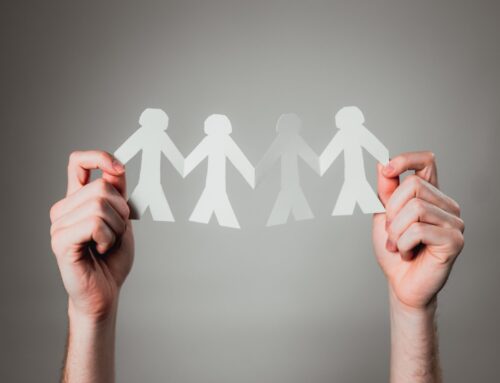So I was at the club of a good friend of mine last night. If you live in New York and like live music its called Rose. Anyway my friend Carlo asked me to help him diffuse a situation with a young man who was apparently causing some concern from Carlo for his place and his patrons.
So there I was in the basement of this club talking to a very young man, more likely a boy, who I can best describe as proud, rebellious, and oh yeah … cool. Being attached to all three, he was not about to be intimidated by the threat of the police. He was there to stay.
Now the interesting thing for me is that I could not understand this young man. Apart from his repeated entreaties for my understanding his case and how he felt, “You feel me?”, I really struggled to understand what exactly he was angry about.
In his speak I just wasn’t “feelin” him. Except that I got that this young man felt that he was treated unjustly and he wasn’t going to take it. I also saw that what he was angry about had nothing to do with what occurred that night in Carlo’s club. This young man was walking around with anger. He has a conversation/a story about the world being unfair and out to get him and last night he simply found the latest expression of his story.
And he talked non-stop. He spoke the language of his peers and his community and boy did I feel square. I tried my best to “get down with homey” and “dig his deal” but man I was just not hipping with the hop.
This reminded me about Senator Obama’s speech. Here was a very angry young man, that at a very fundamental level just needed to let it out and be heard. It just happened he chose the wrong place and time to do that, and he was also completely blinded by his anger. So angry that he couldn’t listen.
For me this was interesting in that you can’t have communication when no-one is listening. And how do you get someone to listen. Now it would be simple to say that first people must be calm and not in a mood of anger to listen. But being in the right mood is not sufficient. Listening is a practice of being. It is not a skill of tips and techniques that allow you to truly get what’s going on for another person.
Now it really helps when both sides are speaking the same language even if it’s street or Caribbean dialect. So if there is a community that you want to be in communication with you’ve got two practices: first, practice speaking their language, and second practice being compassionate in your listening.
“You hear what I’m sayin’ bro? You feel me?”
By the way cops came and “escorted” the young man out of the club.




Unfortunately, with so much supression of emotion in our society (don’t cry, be nice, stay calm, keep your voice down), young people especially are the ones who have the toughest time being understood. Their eventual frustration of all this emotional suppression comes out as anger, perhaps irrational. And generally they don’t have the life experience to know the right time and place. Everyone just wants to be understood. Sadly, this young man was not equipped to channel his anger into a beneficial solution. I’m not an expert on anger being as I was raised to be a quiet, good girl. I have learned later in life, though, that anger does have its place and it can be a good thing… warding off someone who intends to harm us, for example.
Speaking of being fluent, I had an “ah-ha” moment yesterday. And it was all about listening to and understanding MYSELF. Author Sarah Ban Breathnach writes in her book Simple Abundance that what we need is to learn to be fluent in expressing ourself… our authentic self. All these years I’ve pursued fluency in French and Italian, as I have a passion for languages. And really, I need to be fluent in myself first. My own self-talk, my inner conversations, and understanding that me, myself and I need to speak the same language. Then I can really communicate with the outside world at my absolute best. Hi ya ya, Peter.